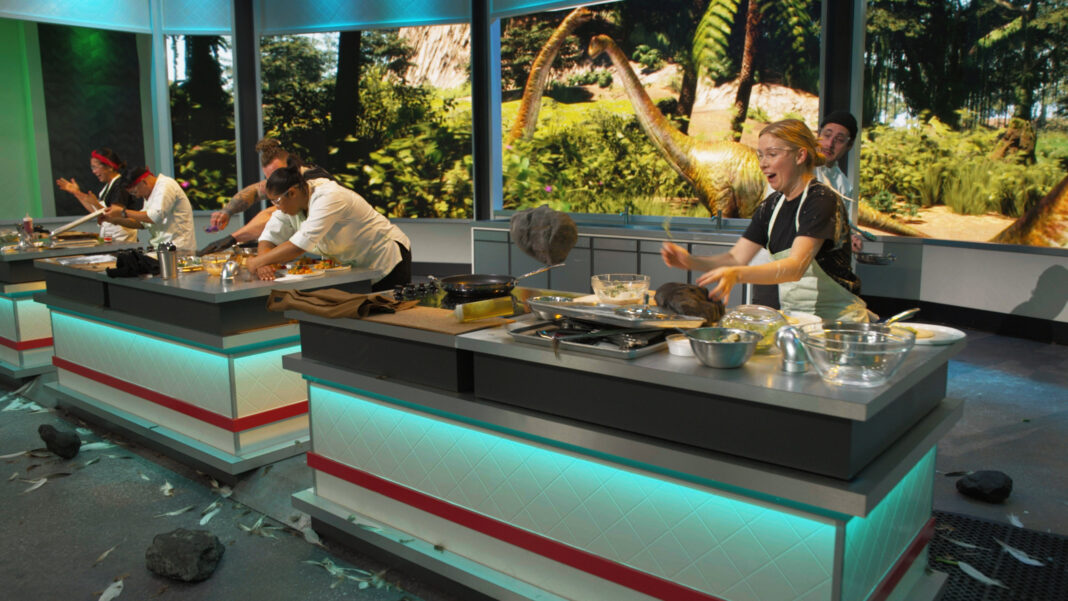Veteran producers of unscripted television shows are not only turning to eco-friendly production practices. They’re also incorporating sustainability narratives in their shows to push the conversation forward.
Rikki Hughes, a Grammy- and Emmy-winning producer and founder of the production company Magic Lemonade, doesn’t buy the excuse that it’s too difficult to implement sustainable practices in Hollywood.
In fact, incorporating narratives on sustainability and climate change within Magic Lemonade’s corner of the industry, reality TV, can be as subtle as showing green products on screen, she says.
Think about “The Kardashians,” she says. Fans google to find out what sheets they use, what paint they have on the wall. Just having a Lomi composter visible on screen would create curiosity.
“If you think about how Kim Kardashian had a whole generation changing their body shape,” Hughes says. “Just think what that kind of influence could have over just recycling.”
“It doesn’t cost anything,” she continues. “You just set [the composter] on the counter. You watch them push the last of that salad into that. You let them have a conversation with the kids like, ‘Go put that in the recycle. No, that’s not the right bin!’ It’s simple as just those narratives.”
When you think about eco-friendly practices in television, reality TV is probably not the first sector that comes to mind. But for Hughes, incorporating sustainability at every level of her work, from production to the actual content produced, just makes sense.
Magic Lemonade follows sustainable practices on set whenever possible. Instead of using gas-burning generators that must run all day to be prepared for filming, the company’s productions rely on solar energy, which not only saves money and produces less emissions, but is also safer and cheaper than hiring teamsters to operate gas trucks.
They also stock their sets with reusable water bottles embellished with the name of the production, eliminating the amount of plastic water bottles used and the need to hire someone to collect them, while organically promoting the show.
Sustainability is easily woven into the narratives of Hughes’ productions, like the design challenge show “The Hype,” whose first-season winner Justin Mensinger is an upcycling designer. Hughes explained that many young designers are critical of fast fashion and create with limited finances and resources, translating to a passion for upcycled and sustainable looks.
“Climate and sustainability intersect with nearly every story in some way, big or small,” CW executive Cycle Zezo says. “So, it can be the focus, but it doesn’t have to be. We need stories to help us imagine ways to respond to these crises.”
The green storyline in “Sneakin’ In With Druski,” another Magic Lemonade production, is more straightforward: The comedian crashes the homes of celebrities like Snoop Dogg with the goal of making the world of hip hop more sustainable. Its subtle appeal? The lessons come with jokes, Hughes says, rather than preaching.
“Comedy, especially urban comedy, is the fastest way to penetrate a conversation,” Hughes says. “There is a power with comedy. It gets into people where it doesn’t feel like it’s finger-wagging or preaching. Once you start talking down to people, they tune out.”
Cyle Zezo, producer, former CW executive and advisor for the Hollywood Climate Summit, agrees: “As producers, we have a responsibility to find the intersections where they’re natural. We don’t want to be preaching this. This, at the end of the day, is entertainment.”
When thinking about narratives involving climate change, Zezo explained, people mainly think of Type A stories: documentaries or media explicitly about climate change. Though initially these were the stories Zezo sought out as a CW executive, like airing the documentary “2040” for Earth Day, over time, he’s leaned more into meeting the audiences where they’re at.
Zezo’s show “Recipe for Disaster,” a family-friendly cooking show that allows chefs of all dietary lifestyles to compete, isn’t environmentally focused. However, sustainability is incorporated through using electric stoves, having compost bins visible on screen, and including plant-based challenges and chefs. One episode, themed as “Dinner with Dinos,” required contestants to create a dinner for an herbivore.
“Climate and sustainability intersect with nearly every story in some way, big or small,” Zezo says. “So, it can be the focus, but it doesn’t have to be. We need stories to help us imagine ways to respond to these crises.”
Hughes emphasized the need to have conversations about the impact of climate change and the importance of sustainable practices in households from a young age in order to establish it as part of one’s vernacular, equating its importance to teaching financial literacy and freedom.
Zezo sees the producer’s responsibilities to reflect the lives of the viewers, the majority of whom accept the reality of anthropogenic, or human-made, climate change, but to also help model positive pathways forward.
“Its greatest problems are caused by a powerful minority of the world’s population,” Zezo says. “Everyone still does have a voice. We need to do whatever we can to help overcome and also just lift up voices. For instance, the global majority who are most impacted by climate change have done the least to cause it, and whose voices are not often centered.”
Zezo says he sees all industries expanding to be more sustainable. With a sharp laugh, he notes that “there’s also, just like, no alternative.”
And as Zezo sees it, narratives about sustainability make the perfect Hollywood story.
“Hollywood isn’t always great at teaching science,” Zezo says. “But when it comes to imagining potential futures, fighting for the underdog, and overcoming adversity at overwhelming odds, and just reflecting the reality that we’re all struggling with—Hollywood loves those kinds of stories.”




